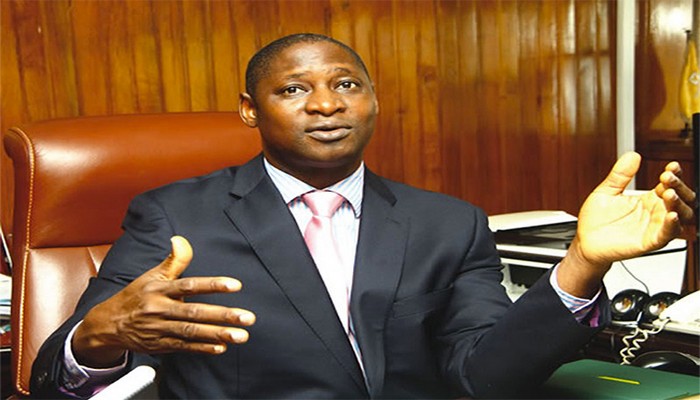
Nigeria Employers’ Consultative Association (NECA) has said the government needs to do a lot more to turn the nation’s economy into the path of growth and recommended no fewer than an eight-point solution to address the socio-economic challenges confronting Nigeria.
NECA, the umbrella body for employers in the country, lamented that among other economies across the globe, the Nigerian economy, since 2022, had been marked by the cost-of-living crisis; high inflation as a result of spiraled food and energy costs; increased global interest rate and tightened financial conditions that led to stagnation and technical recession in several economies among others.
At its 66th Annual General Meeting (AGM) in Lagos, it said the nation’s economy also suffered accelerated inflationary pressures that persisted into the year 2023, following the inability of the government to address the fundamentals with consistent policy instruments.
NECA, however, proposed the development of implementable economic/industrial policies, macro-economic stability, improving forex availability, energy/power supply, resuscitation of domestic refining, taxes, and government regulation, infrastructure, and insecurity.
Addressing members and other guests, NECA’s President, Mr. Taiwo Adeniyi, said; “The persistent rise in inflation in the country was more of a cost-push as a result of unbridled importation of almost all items needed for daily production and individual needs, notwithstanding the unfavourable and debilitating Naira exchange rate parity.
“It was also persistently reinforced by contractionary monetary policy stance and its negative rob-offs on other rates in the economy.”
He, however, applauded the political will demonstrated in the removal of the fuel subsidy and other bold steps the new government has taken so far.
According to him, “The Leadership of the Association is elated with the very critical components of the President’s inaugural speech, particularly the intention for a consultative-based governance approach.
“We identify with the interest in tackling the vast security challenges in the country; driving the economy with growth-centric industrial policy and improved access to electricity for businesses; resolving the issues of multiple taxes on private businesses; promoting domestic and foreign investments; creating meaningful job opportunities, particularly for the youths; ramping up agricultural production; advancing the infrastructure stock such as networks of roads, rail, and ports; and reconfiguring the monetary policy system.
“We believe that these measures are critical to addressing the enormous social and economic quagmires facing organised businesses in the country.”






